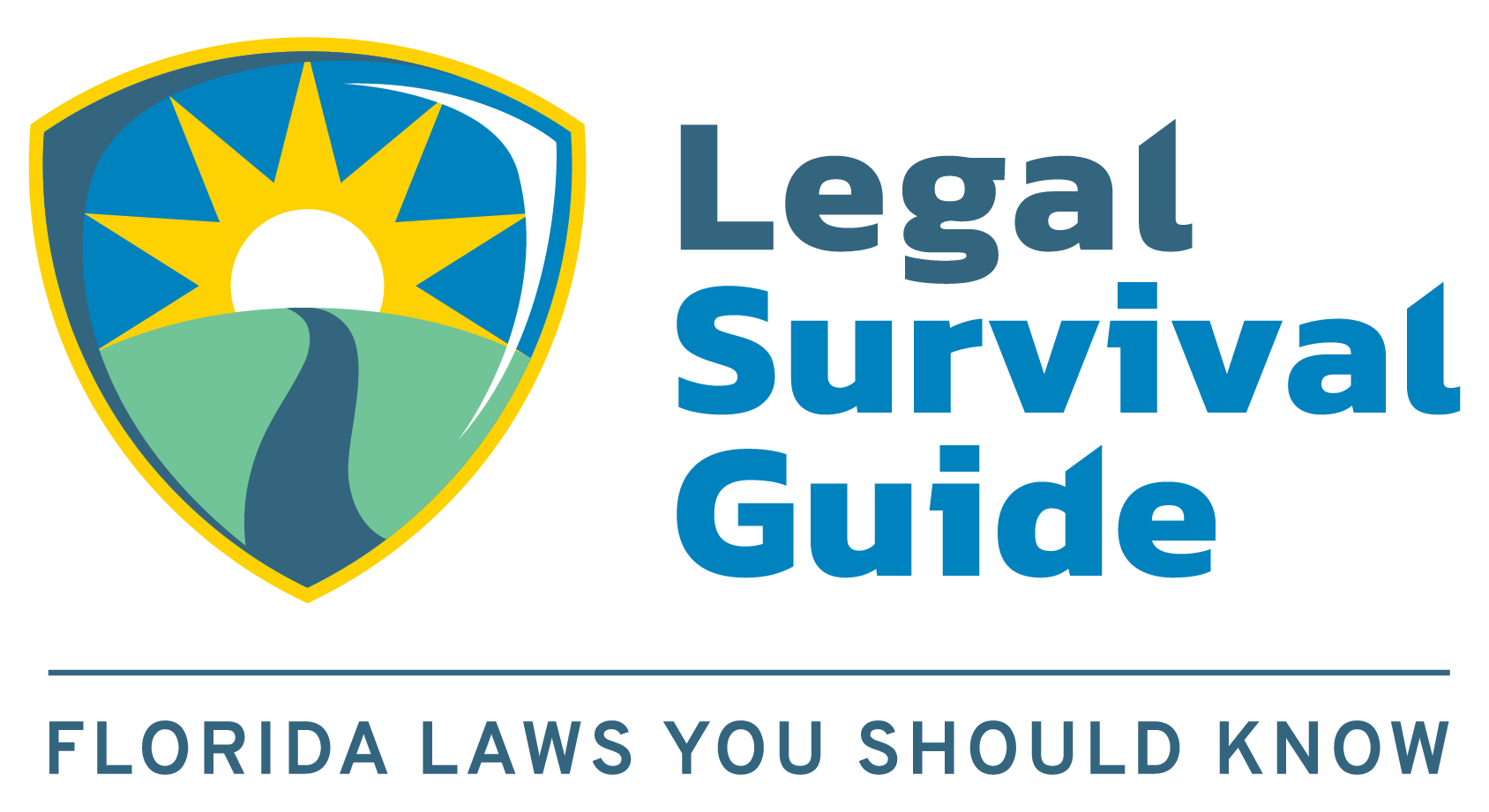Florida’s self-defense laws legally protect individuals from facing charges when using force to defend themselves from an attacker.
For a violent act to be considered self-defense, you must prove that you acted on the grounds necessary to respond to another person’s imminent use of unlawful force.
In the case of a burglary or break-in, Florida law assumes that a person who tries to enter someone else’s home or occupied vehicle intends to break the law using violence or force. When in a residence where you have the right to be, you have no duty to retreat before using or threatening to use force. That is, there is no requirement that you attempt to flee before acting in self-defense.
Non-Deadly vs. Deadly Force
There are two types of self-defense: non-deadly force and deadly force. Non-deadly force refers to actions not likely to cause death or great bodily harm, such as hitting or shoving someone, while deadly force is likely to cause significant bodily harm or risk of death.
Stand Your Ground Law
Florida’s “Stand Your Ground” law justifies the legal use of deadly force in situations when someone tries to prevent a “forcible felony,” such as an assault, burglary, or kidnapping.
However, self-defense is not a legally permissible defense if:
- The victim of violence has the right to be in the home or vehicle.
- The victim of violence is trying to remove their child or grandchild, or is the lawful guardian or custodian of the person they are trying to remove.
- The person who engages in self-defense is involved in illegal activity or uses the home or vehicle to further an unlawful activity.
- The victim of violence is a law enforcement officer entering the home or vehicle as part of their official duties as long as they properly identified themselves before entering.
When juries evaluate self-defense claims, the courts will task them with examining the circumstances and consider what a reasonable person would have done. If a defendant in a Florida criminal case presents any evidence of self-defense, the state must overcome the claim of self-defense beyond a reasonable doubt.
A low standard of evidence is required to prove that a defendant acted in self-defense. However, there are some circumstances when the jury may deny a claim of self-defense; such as, when a defendant initially provoked violence or attempted to commit or escape after a felony.
To claim self-defense in a scenario where the defendant provoked the initial violence, the defendant must prove that they withdrew from physical contact while clearly indicating their desire to stop using force. Despite that, the other person continued the use of force.

